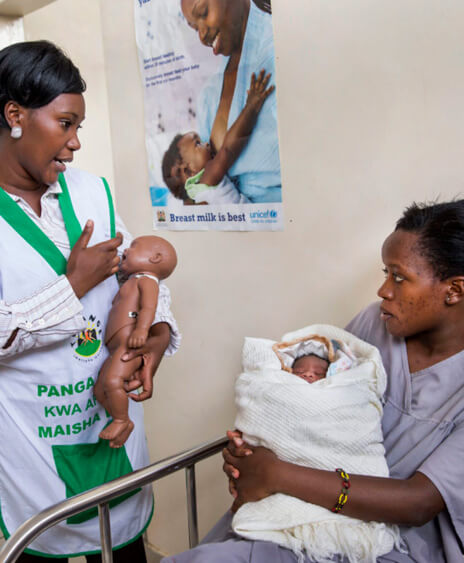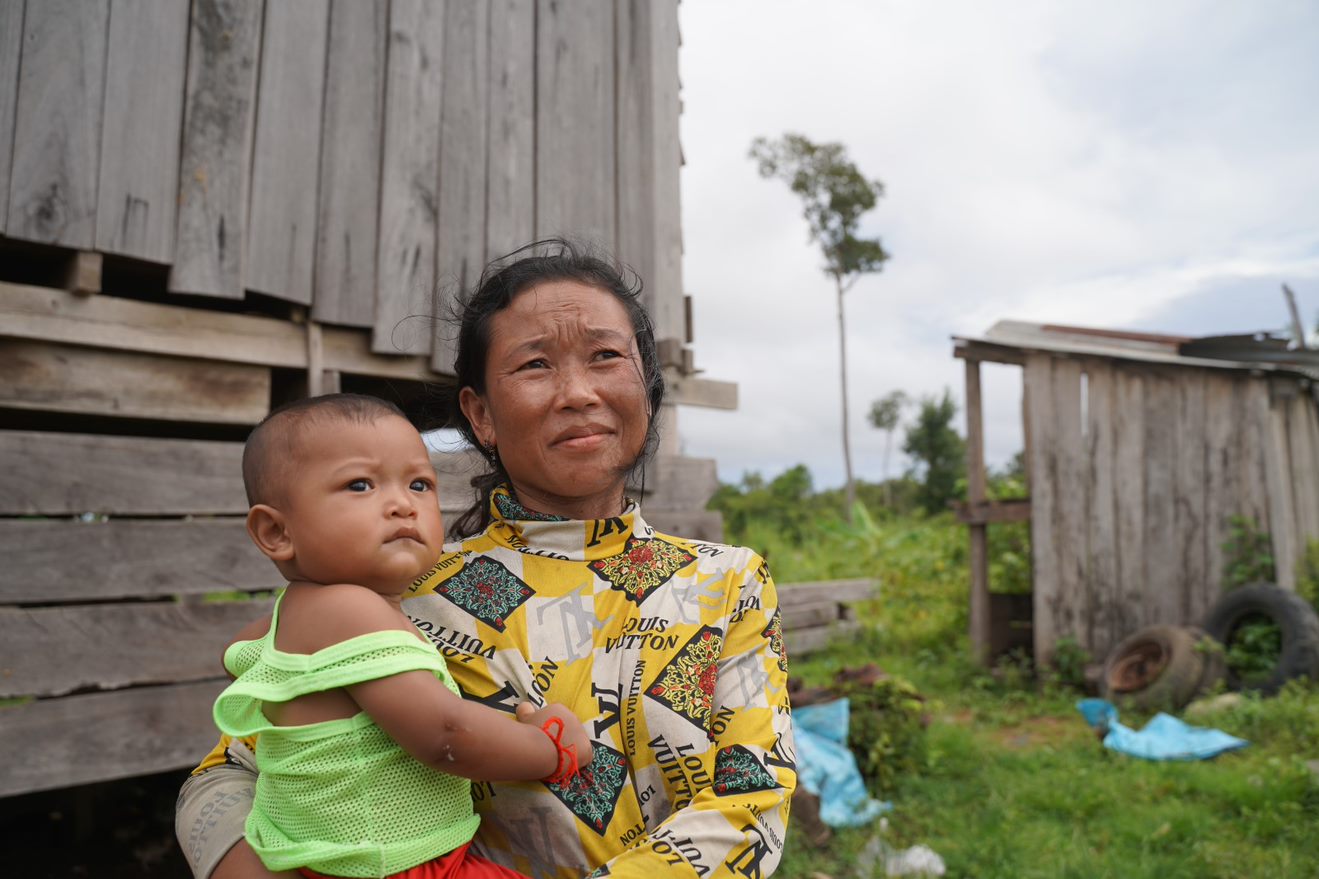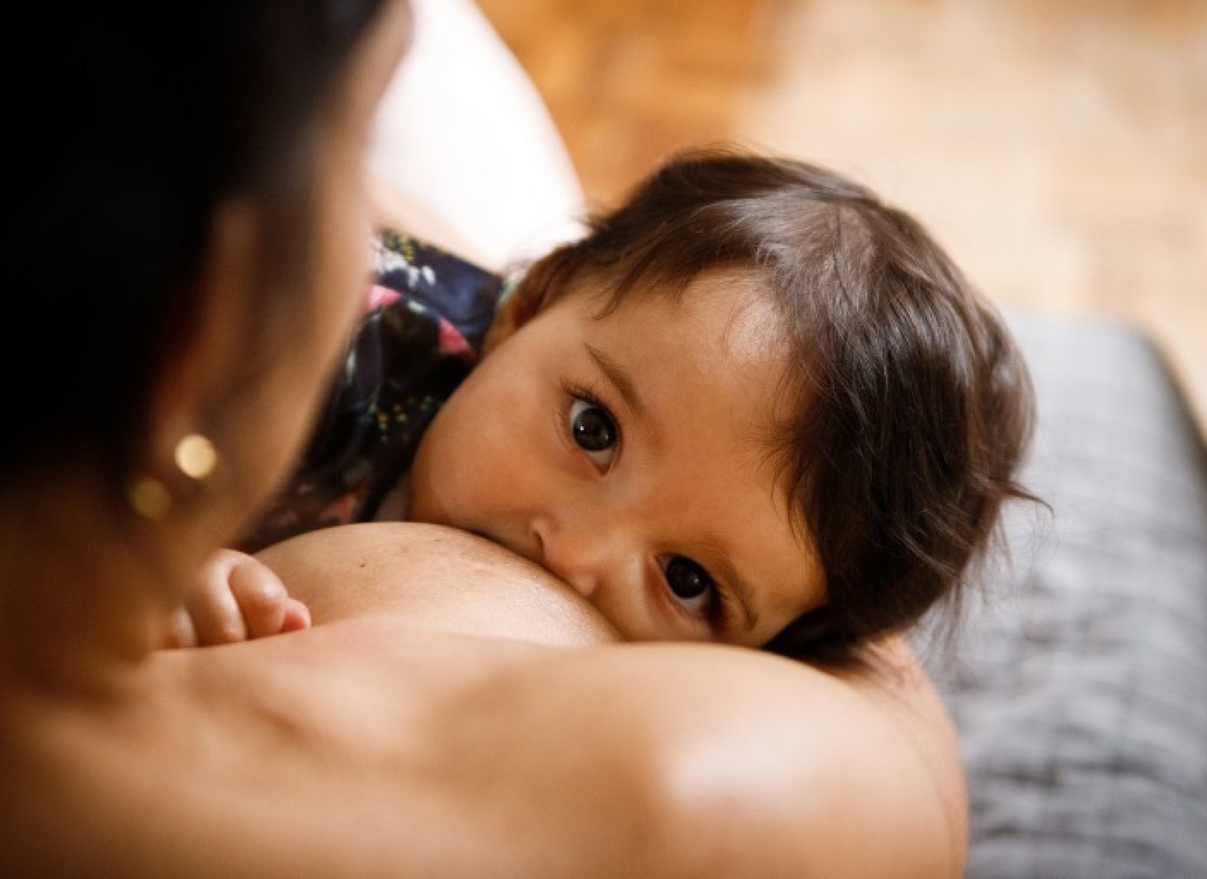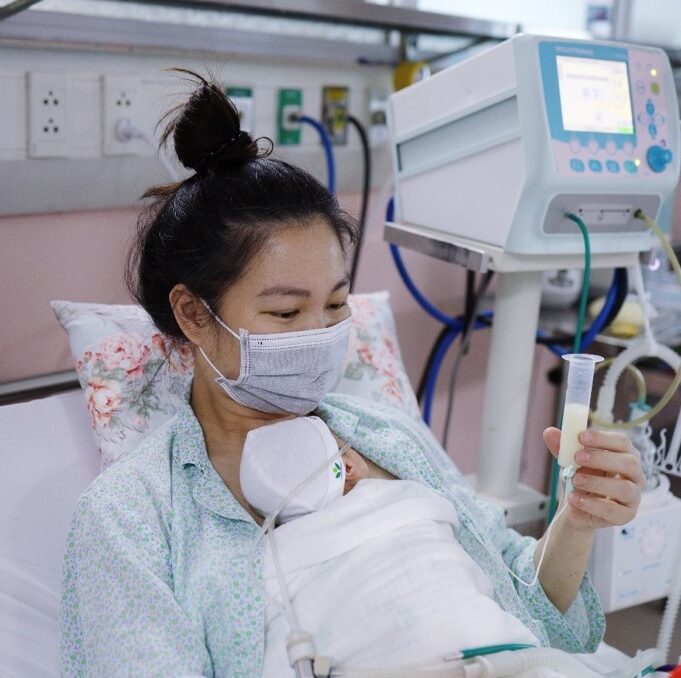
Innovation is the introduction of a new idea, method, or device to an existing product, idea, or field.
Innovation occurs when markets intersect with technology and business models. At FHI Solutions, we innovate to find, test, adapt and scale solutions for some of the most pressing problems relating to global malnutrition.
This year’s 2022 United Nations Climate Change Conference is an opportunity to bring sectors and people together. Learn more about how innovation for nutrition can help meet climate targets.
Why is innovation important for overcoming global malnutrition?
The drivers of poor nutrition are ever changing—people, cultures, food choices, social norms, business actions, national systems and even our global governance structures do not stay the same. Without innovation, responses will not adapt, need will not be met, and poor nutrition outcomes will not improve.
Innovations are rapidly expanding across other sectors, such as climate and technology, but this is not the case in nutrition. As such, the solutions climate for systemic problems relating to malnutrition is not evolving at a rate fast enough to meet demand.
Our aim is that we close the gap, working across sectors to accelerate solutions scaling, knowledge management, investment, and impact for nutrition.

Innovation is staying relevant.”
— Stephen Shapiro
What is different about our approach to
innovation management for nutrition?
The potential for adaptation and scaling drives our search for innovations.
This is because we are committed to finding and developing sustainable solutions that will improve efficiencies in national systems.
We take a diligent approach to risk.
We rigorously test solutions against tested criteria before adapting and scaling. We believe that well managed risk is a cornerstone of system wide change.
We put people at the heart of everything we do.
In practice, this means that we listen and take time to understand the daily realities for the people our innovations are mean to serve. If something isn’t working, we pivot.
We focus on innovation management.
We are committed to moving through the ideas stage to successful implementation. While creativity needs to be nurtured, we put in place structures and systems to ensure that innovations are grounded in data. Across our three initiatives, we share lessons to help inform broader policy change.
Innovation Spotlight: The Little Sun
The Little Sun brings quality care and nutrition counselling to antenatal and postnatal care services to improve exclusive breastfeeding rates and infant and young child feeding practices in Viet Nam. Today, there are 1,200 Little Sun nutrition counseling clinic across 15 provinces in Viet Nam.

Jonathan Torgovnik, Getty Images/Images of Empowerment
What types of innovation do we specialize in?
Utilizing existing ideas, models, or technology in existing markets, making larger changes to a service or product so that it can be sustained and evolve over time. For example, we instigate creative solutions for behaviour change communications in community health services and our Centers of Excellence for Breastfeeding are incentivising and improving hospital performance through real-time patient feedback.
Applying new ideas, models, or technology to existing markets, bringing new markets and audiences together. By offering alternative products, services, or technology, market dynamics can change in the long term. For example, we develop novel coding and artificial intelligence to monitor breaches in Breastmilk Marketing Codes in Viet Nam. We are also creating a Climate Sensitive Diet App to monitor the environmental impact of diets at the population level.
Applying existing ideas, models, or technology to a new market, putting particular emphasis on making efficiencies over time. For example, we have worked with tech partners to develop a virtual assistant mobile phone App to provide maternal health consultations in India.





